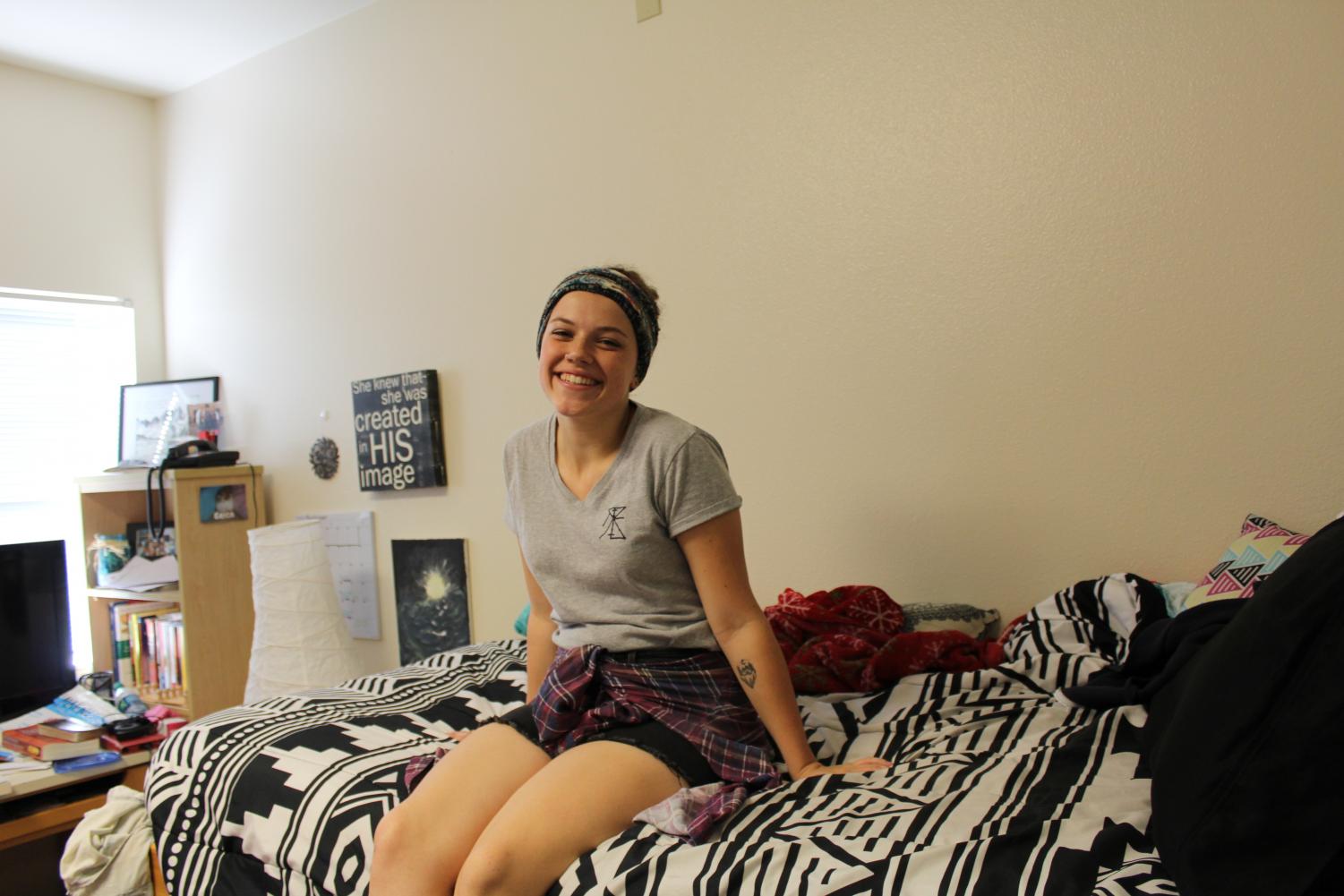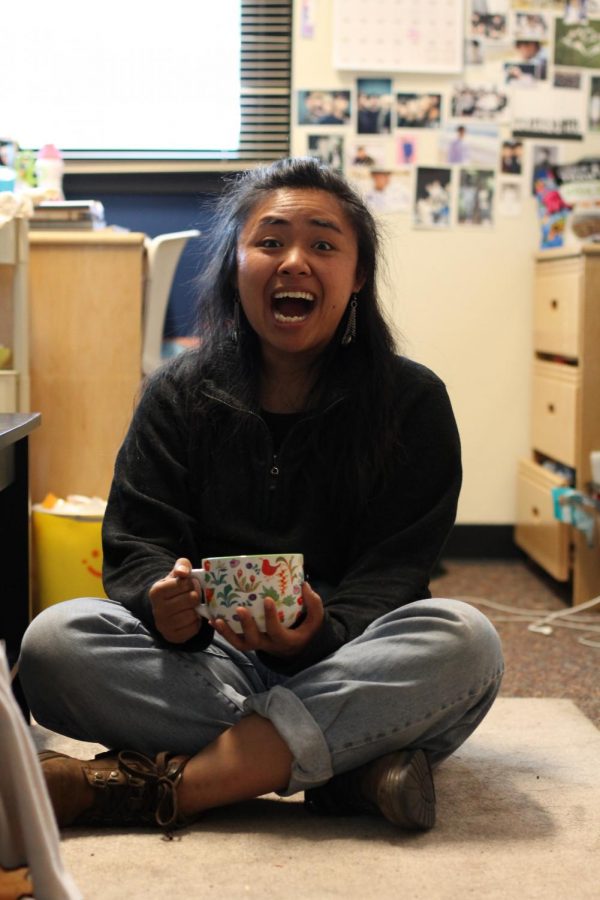This story was originally published in print on Oct. 18, 2018.
Resident Advisors walk past students in the hall, the Caf and from class to class. They are students like the rest of us, but their commitment to resident life sets them apart from the student body. The care they place into every task they take on can often be overlooked. However, many see them as vital to the community.
RAs are students assigned to each floor of every dorm hall as guides and workers who will help students with their needs while living on campus. Biola’s RAs not only provide accessibility to resources on campus but also are trained to be a resource and of themselves.
They can act as mentors to students, someone to walk alongside them and offer spiritual accountability when the need arises. RAs take on simple tasks like cleaning and decorating the floor and more difficult tasks such as planning events for the floor like floor dinners and get-togethers.
“[An RA is] a leader in the hall,” said sophomore intercultural studies Emily Park, a Hope Hall resident. “Someone that people can come to for advice or if they have problems… to find a friend in the RA.”
The Struggle To Serve
Juggling work, school and a social life is difficult, but for an RA there is often more pressure to balance everything in order to provide for those on their floor.
“RAs are there to provide whatever the student needs, whether that’s support through difficult things or if they wanna learn something,” said junior English major Erica Mahnke, an RA in Thompson Hall. “RAs are there to educate on diversity or self-care. RAs are the go-between for residents and faculty.”
RAs do everything they can to make living as comfortable and safe as possible for their residents, sometimes giving up their own comfortability in the process. Behind the authority of the position, RAs are still students, however, and when conflicts arise things can get uncomfortable.
“It can be difficult to balance friendships as well as being an authority,” Mahnke said. “There are consequences for people’s actions and sometimes RAs are the ones that have to carry those out. I think that can be difficult especially when people don’t realize RAs are Biola employees. So if something bad happens, I’m not trying to be a tattle-tale or a brat. This is my job and it’s not just for the university, it’s for you.”
Responding To Heal
RAs are also often the first responders to students’ crises. When residents struggle with anxiety, depression or family problems, they have the option to turn to their RAs for comfort and support. However, students sometimes do not seek them out.
According to sophomore English and art major Hannah Sapigao, an RA in Sigma Hall, RAs “reassure [students]” and “hear [students] out” in order to help guide and provide for residents who have mental illnesses and various other struggles, such as sexuality and spirituality. RAs go through extensive seminars and trainings to learn about resources students can be directed to.
“I think, in a sense, everyone does struggle with mental health because we’re not perfect at everything, so you always have room to grow in whatever aspect that you are as a student,” Sapigao said.
Some Big Shoes To Fill
For some, experiences with an RA leave a lasting impression on their Biola experience. This is very true for Mahnke, who remembered how one of her past RAs helped her through difficult times.
“She didn’t just [say], ‘Oh, I’m sorry,’ she genuinely was weeping with me and talked me through my options. That was huge for me because I was feeling really homesick,” Mahnke said. “So for her to just meet me where I was at and [say], ‘I get it, I’m here for you. I’m gonna sit with you through this and it’s okay not to be okay.’ That was huge for me.”
This comforting, supportive and open environment is something many RAs desire for their residents to acknowledge and embrace. This acknowledgment is reflected in their feedback.
“They have constantly checked up on how I was doing,” Park said. “That was really encouraging, just to know that they cared about how I was doing and what was happening in my life.”








